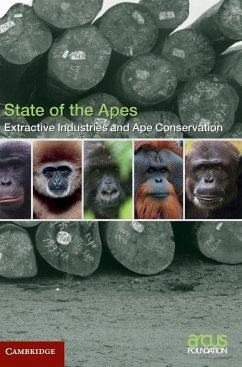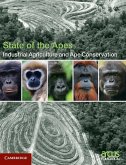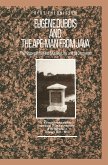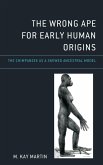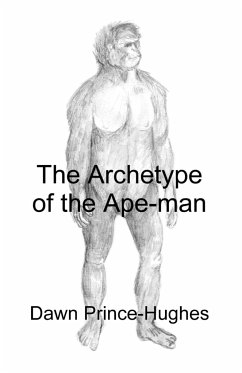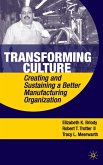Current dominant thinking and practice in the private and public sectors asserts that peoples' development needs are in conflict with, or mutually exclusive to, the need to conserve the biosphere on which we depend. Consequently, we are asked to either diminish development in the name of conservation or diminish conservation in the name of development. Efforts to identify complementary objectives, or mutually acceptable trade-offs and compromises indicate, however, that this does not always have to be the case. This first volume in the State of the Apes series draws attention to the evolving context within which great ape and gibbon habitats are increasingly interfacing with extractive industries. Intended for a broad range of policy makers, industry experts, decision makers, academics, researchers and NGOs, these publications aim to influence debate, practice and policy, seeking to reconcile ape conservation and welfare, and economic and social development, through objective and rigorous analysis.
Bitte wählen Sie Ihr Anliegen aus.
Rechnungen
Retourenschein anfordern
Bestellstatus
Storno

